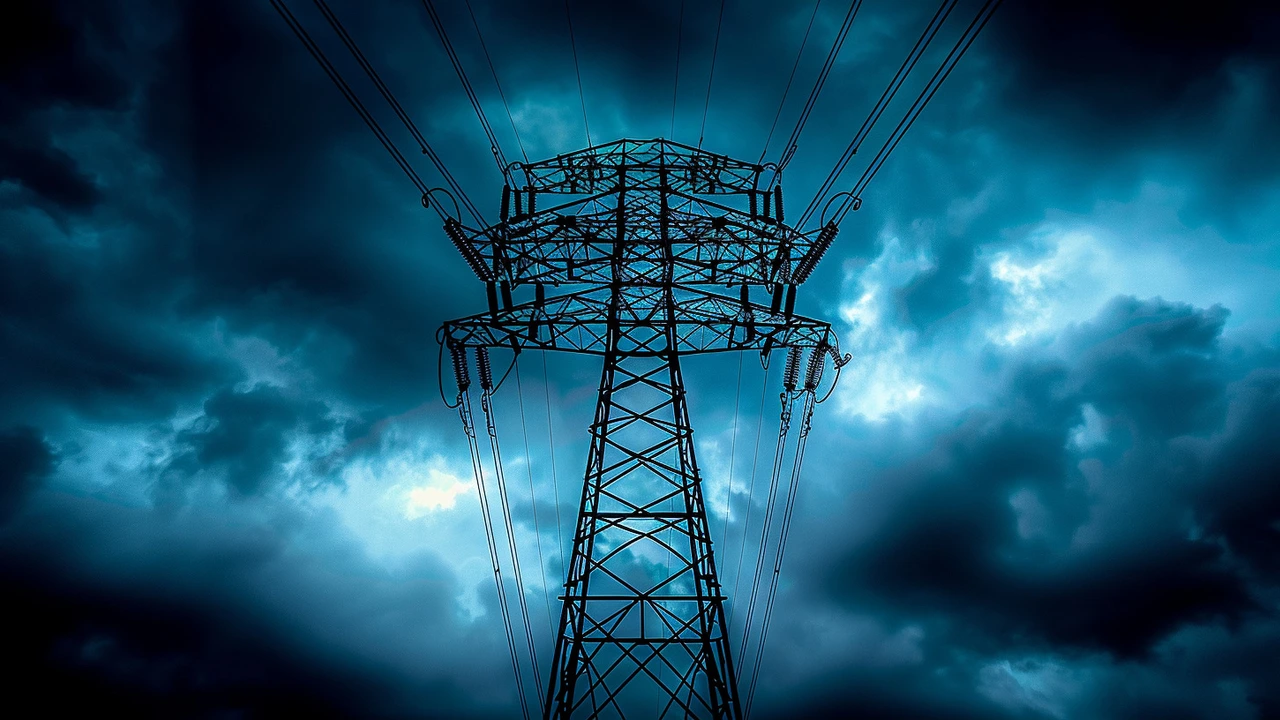Environment News: Keep Up with Power Challenges and Wildfire Weather
When it comes to our environment, staying informed about how the systems that keep us safe and powered up are managed is crucial. In Johannesburg, the local power authority is tackling a serious challenge: preventing the city's power grid from collapsing. With rising electricity use pushing the system to its limits, they’ve introduced a load reduction strategy. This means they carefully reduce power use during certain times to ease the strain on the grid, helping avoid blackouts and damage to the infrastructure without leaving homes in the dark.
Why should you care? Because power grid stability affects everything from your fridge running smoothly to businesses staying open. Understanding these measures helps you appreciate the balance needed between using power and conserving it when demand spikes.
How Fire Weather Forecasters Help Manage Wildfires
On a different front, wildfires pose growing risks worldwide. But there are people hard at work behind the scenes to keep communities safer. Take Robert Rickey, a fire weather forecaster with NOAA and an Incident Meteorologist (IMET). His job isn’t just about predicting if it will rain tomorrow. It’s about specialized weather reports that help fire crews know where wildfires might spark and spread.
This detailed forecasting includes tracking wind speed, humidity, and other conditions critical for firefighting and planning evacuations. Thanks to experts like Rickey, fire management teams get the heads-up needed to be proactive instead of reactive. It’s a vital piece of the bigger environmental puzzle, especially as wildfire seasons grow longer and more intense.
What This Means for You
Both power management in busy cities like Johannesburg and wildfire weather forecasting show how environment-related issues touch daily life. They highlight the need for practical solutions and skilled experts working together. Whether it’s conserving electricity during high demand or preparing for wildfire threats, these stories remind us that staying informed helps us support better planning and safety—right in our communities.


